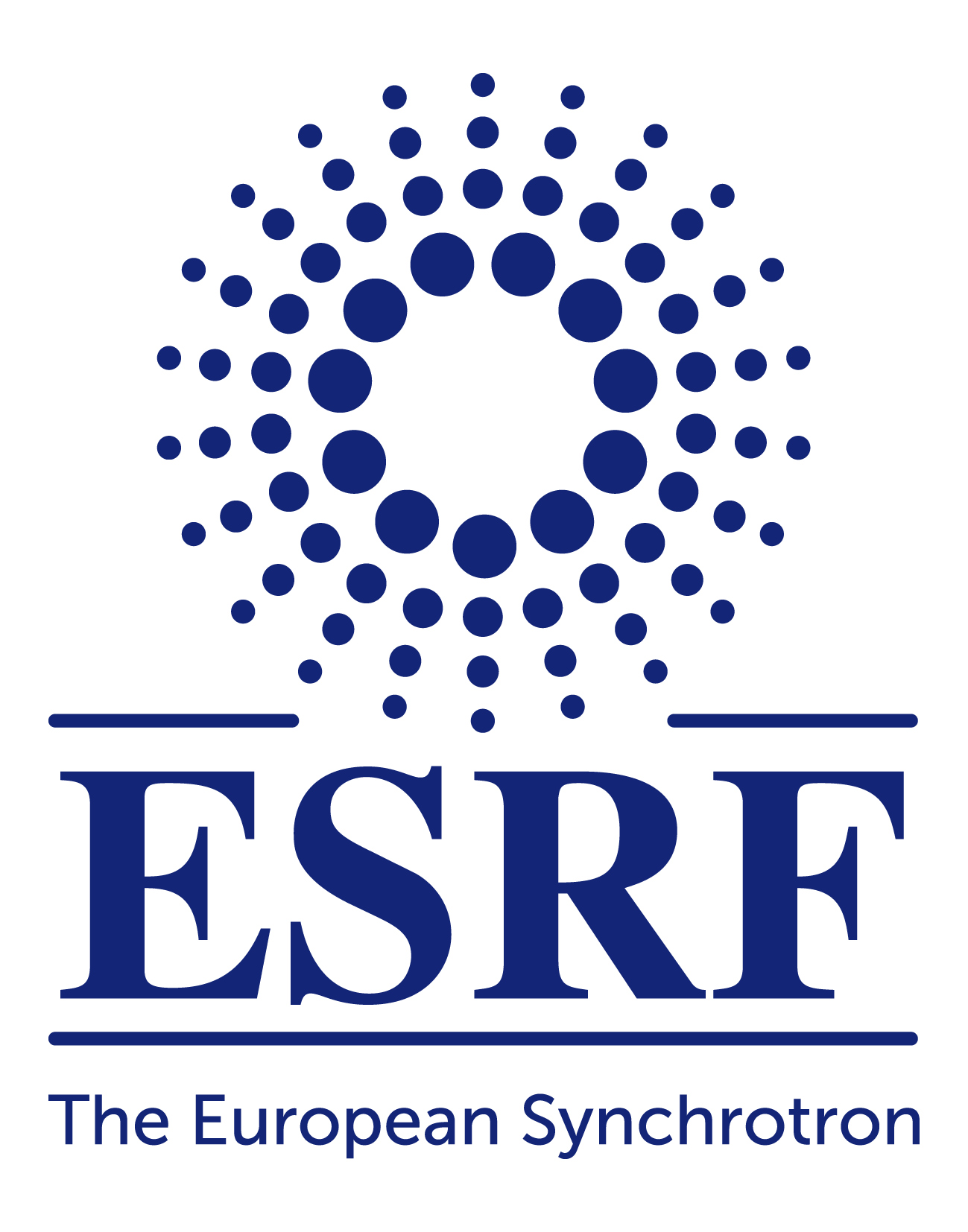Platform for Advanced Characterisation – Grenoble (PAC-G)
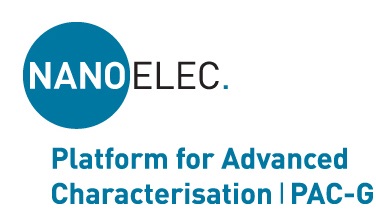
Platform for Advanced Characterisation - Grenoble (PAC-G) offers advanced characterisation services dedicated to micro/nanoelectronics innovation, set up within the framework of the Technological Research Institute (IRT) Nanoelec, thanks the funding of the Programme Investissements d'Avenir (reference ANR-10-AIRT-05).
The members of Nanoelec's Characterisation program are the European neutron source ILL, the European Synchrotron ESRF, the CEA-Leti, the Subatomic Physics and Cosmology Laboratory (CNRS-UGA) as research partners and STMicroelectronics, SOITEC and Schneider as industrial partners.”
ESRF – The European Synchrotron
The ESRF - The European Synchrotron Radiation Facility - is the most intense source of synchrotron-generated light, producing X-rays 100 billion times brighter than the X-rays used in hospitals. These X-rays, endowed with exceptional properties, are produced at the ESRF by the high energy electrons that race around the storage ring, a circular tunnel measuring 844 metres in circumference.
Each year, the demand to use these X-ray beams increases and near to 9000 scientists from around the world come to Grenoble, to “beamlines”, each equipped with state-of-the-art instrumentation, operating 24 hours a day, seven days a week.
Discover more about the platform: Video
ILL - Institut Laue-Langevin
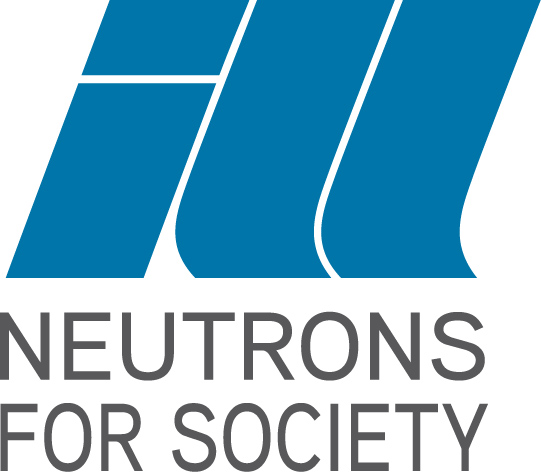
The Institut Max von Laue-Paul Langevin (ILL) provides industrial users with privileged access to a complete world-leading suite of highly-specialised neutron instruments, supported by the expertise and know-how of experienced scientific and technical staff. Our extensive range of sample environment facilities accurately mimic real working conditions: extreme (high and low) temperatures, high pressures, magnetic fields, mechanical constraints (e.g. static or cyclical external loading). They play an essential role in the analysis of in-operando industrial processes.
A dedicated group of engineers and scientists is ready to assist you with all aspects of your project, from defining the problem and choosing the most suitable technique to the contractual framework (including NDA if required), data analysis and final experimental reporting.
Discover more about the platform: Video
Laboratory of Subatomic Physics and Cosmology (LPSC)
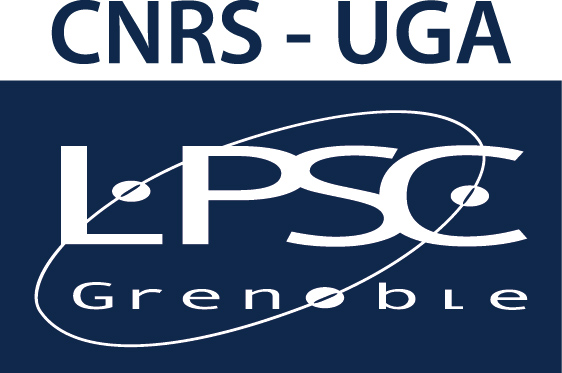
The LPSC is studying the physics of the two infinities. Its basic research activities include particle physics, nuclear physics, astroparticles and cosmology as well as their applications and developments for nuclear energy and health, accelerators and ion sources and plasmas. The LPSC operates a fast neutron production platform for irradiation and physics experiments.
CEA – Leti: Nanocharacterization Platform (PFNC)
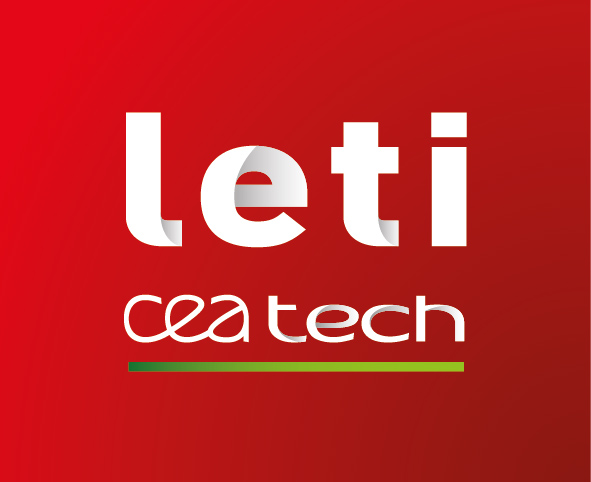 Leti (one of the three advanced research institutes within CEA Tech) serves as a bridge between basic research and industry. His mission is to create value and innovate with industry. The Nanocharacterization Platform (PFNC) offers 2,200 square meters of space outfitted with around 40 pieces of world-class nanocharacterization equipment run by 80 researchers and technicians, making it unlike any other center in Europe. The platform’s mission is to develop new characterization techniques for applications that include micro and nanotechnologies, nanomaterials, and materials for the energy industry.
Leti (one of the three advanced research institutes within CEA Tech) serves as a bridge between basic research and industry. His mission is to create value and innovate with industry. The Nanocharacterization Platform (PFNC) offers 2,200 square meters of space outfitted with around 40 pieces of world-class nanocharacterization equipment run by 80 researchers and technicians, making it unlike any other center in Europe. The platform’s mission is to develop new characterization techniques for applications that include micro and nanotechnologies, nanomaterials, and materials for the energy industry.
CNRS Institut Néel
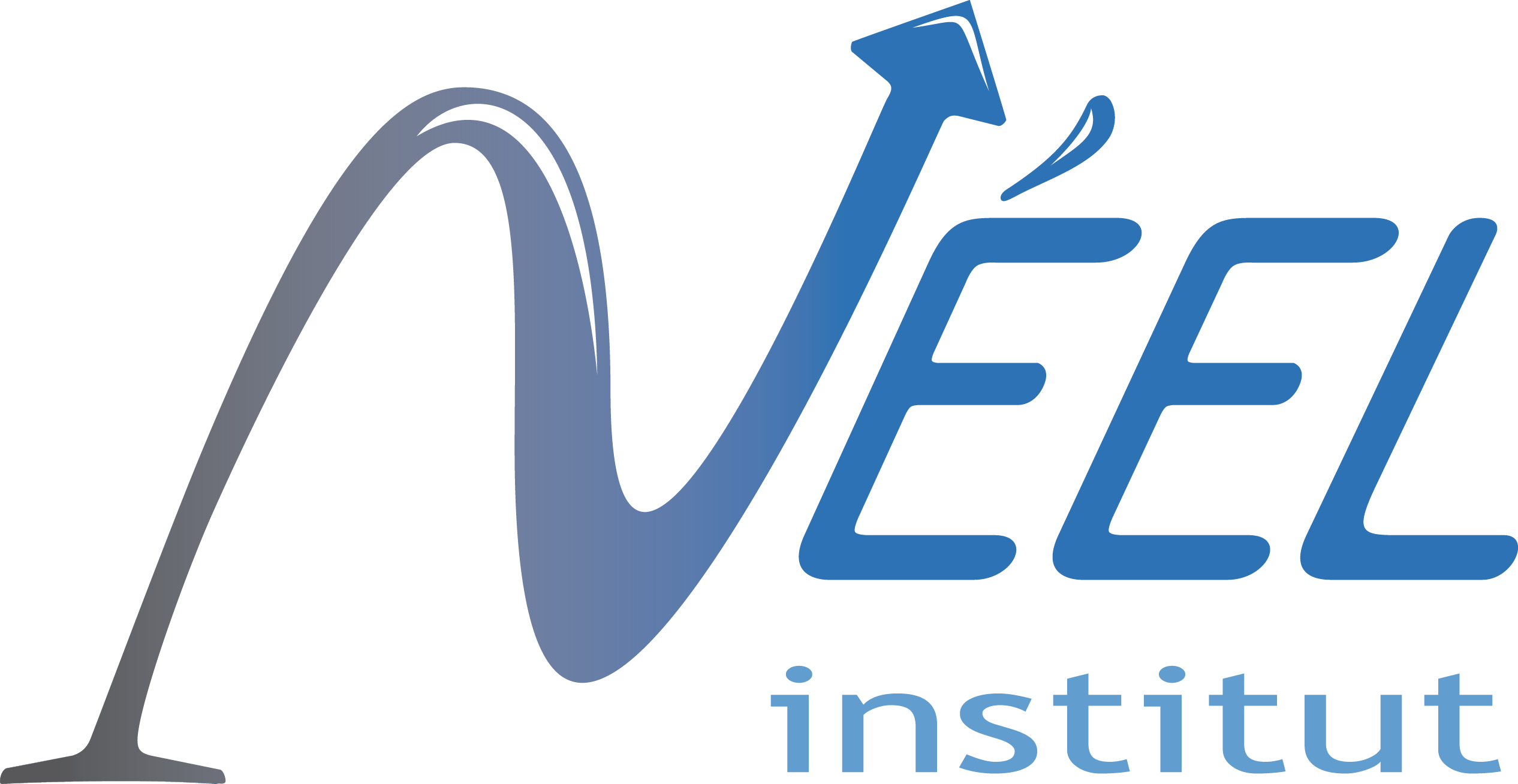 Institut NEEL is a laboratory for fundamental research in condensed matter physics, enriched by interdisciplinary activities at the interfaces with chemistry, engineering and biology. We explore a vast field of science: superconductivity, quantum fluids, new materials, crystallography, surface science, quantum nanoelectronics, nanomechanics, nonlinear and quantum optics, spintronics, magnetism… The Institut Néel has exceptional expertise in advanced technology, closely integrated with its research projects. The Institute’s engineers and technicians, assigned to specialist technical groups but working in close proximity with the research teams, make a direct contribution to scientific progress.
Institut NEEL is a laboratory for fundamental research in condensed matter physics, enriched by interdisciplinary activities at the interfaces with chemistry, engineering and biology. We explore a vast field of science: superconductivity, quantum fluids, new materials, crystallography, surface science, quantum nanoelectronics, nanomechanics, nonlinear and quantum optics, spintronics, magnetism… The Institut Néel has exceptional expertise in advanced technology, closely integrated with its research projects. The Institute’s engineers and technicians, assigned to specialist technical groups but working in close proximity with the research teams, make a direct contribution to scientific progress.
Grenoble-INP / CMTC
 The Consortium des Moyens Technologiques Communs (CMTC) is the Grenoble INP Material characterisation platform. It was created in 1977. The CMTC platform meets an objective to pool cutting-edge equipment in the field of micro- and nano-structural characterisation and centralise expertise to serve the needs of Research, Training and Enhancement.
The Consortium des Moyens Technologiques Communs (CMTC) is the Grenoble INP Material characterisation platform. It was created in 1977. The CMTC platform meets an objective to pool cutting-edge equipment in the field of micro- and nano-structural characterisation and centralise expertise to serve the needs of Research, Training and Enhancement.
The CMTC platform proposes several approaches to meet the demands of its partners or customers:
- Perform the required characterisation to ensure progress of research programmes;
- Train students in characterisation techniques;
- Enable access to characterisation equipment after training;
- Develop new techniques and new know-how;
- Perform manufacturing studies and services for public and private sectors.
TEESMAT
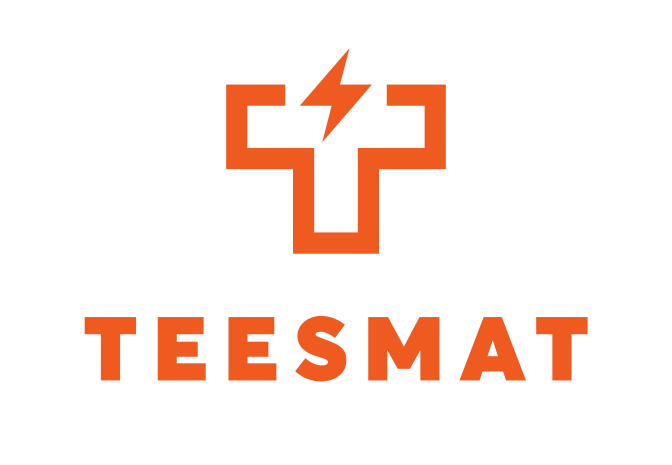
TEESMAT is providing 41 commercial services for Industry with the goal to provide a comprehensive response to any critical bottlenecks faced by EU stakeholders in the field of electrochemical energy materials (Li-ion batteries, Supercapacitors, redox-flow system, fuel cell, solid state batteries, …). Currently, It leverages EU know-how & expertise from 12 European partners coming from the academic and the industry sectors. Our solutions are innovative because TEESMAT is a unique place where standard and advanced characterisation techniques are combined and where customer has a unique chance to discuss with many different experts in the field. In addition, our optimised procedure allow customer to get results in a limited amount of time, a clear advantage when you develop a new product. Regarding the data, the customer has the choice about disclosing it or keep it confidential. More details can be provided to www.teesmat.eu.
Discover more about the platform:



